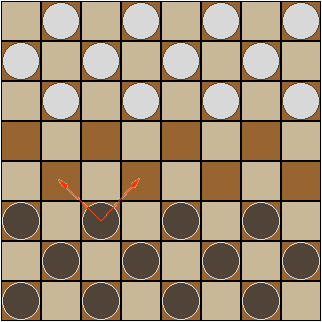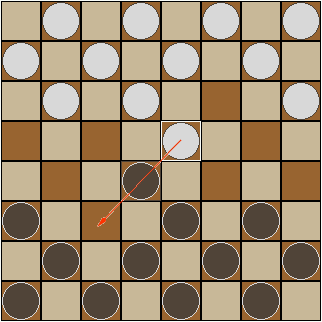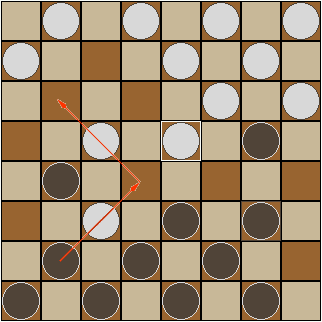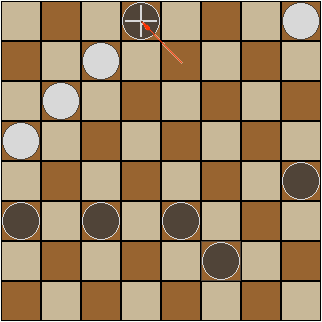|
Checkers Help | |||||||||||
Description(Note: These rules describe American Rules Checkers only.) 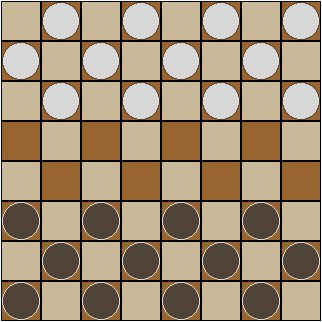 InstructionsObjectiveCapture all of the other players pieces, or maneuver your pieces such that the other player cannot move.Rules
Ending the GameThe game is over when:
|
| • | • | |||
 |
• |
|
||

